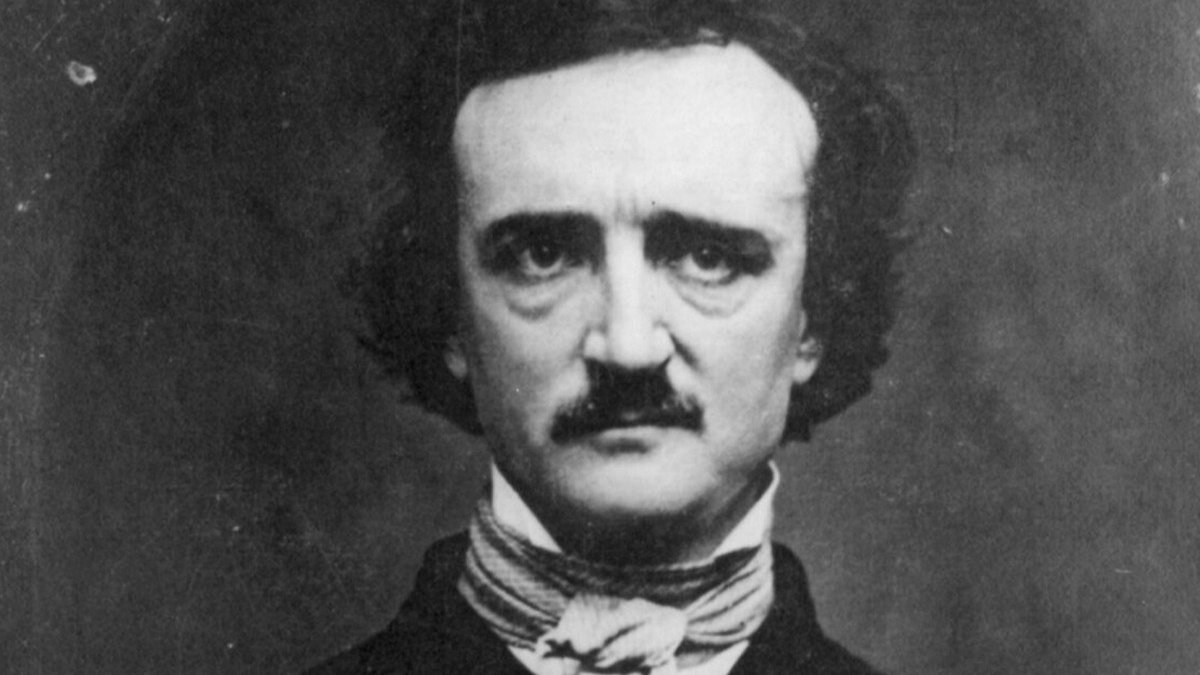IELTS002 英语学习笔记
口语
- How big was the meal? 这顿饭量有多少?
How + 形容词 可以询问详细信息
- How old are your children?
- How tall is the tree in your garden? 你花园里的树有多高?
- How cold does Paris get in the winter? 巴黎的冬天有多冷?
- How far did the guests travel to the party? 客人们去参加派对的路程有多远?
- How many people sent an RSVP?有多少人回复了?
- How hard was it for you to learn English? 学英语对你来说有多难?
who 在句中可以用作不同的成分,和其它的疑问词有一点不同。但它作为 主语 的时候,who 直接放在动词前面,疑问句的其它成分与肯定句相同。在这种情况下,不使用 did + 动词。
- Who ate my dessert?(谁吃了我的甜点?)
- Who ordered this pizza?
Who did you want to invite?
who 在这里是宾语,所以要加 did
I went to a cool party at work recently. There was plenty of food and they even hired a DJ.(我最近参加了一个很酷的工作聚会。食物非常丰盛,他们甚至雇了一个 DJ)
谈及专业服务人员时,用 hire,而不用 rent
-
Are you feeling okay?
-
Are you sick?
-
You weren’t at work today. Are you sick?
-
to feel sick
- Do you feel sick?
feel - felt
to be sick 可以表示一般意义上的生病或指呕吐。在美国,通常用 to be sick 指代整体上的不适。
I feel sick when I travel by boat.
to get over (康复)
- I hope you get over this flu quickly.
sore 疼痛
- sore 描述 喉咙 和 肌肉 的疼痛
- I have a sore throat from singing too much.
- ache 谈论 头部 或者 肌肉 的疼痛
- I get a headache if I don’t drink enough water.
- pain in 与 任意身体部位 搭配使用
- I have a pain in my back from working all day.
suffer
- I suffer from allergies in the spring.
- I have a horrible cold at the moment.
to pick up a bug 得小病(非正式说法,表示患有轻微的疾病)
I need to see a doctor about my cough(咳嗽).
I need to make an appointment to see a doctor.
I have a checkup(体检) at the doctor’s today.
He forgot to take his medication last night.
- medicine 可以指代对 疾病或伤患的研究和治疗 ,或者用来指代 用于医学治疗的物质 。在 日常用语 中的使用更为普遍。
- medication 也指代药剂或药物,但更多用于 临床 或 正式 的语境
The doctor prescribed(开药) medication for my cough.
Drinking water can help with your headache.
- get some rest
- to eat well 保持饮食健康
- to keep away from
- 搭配可能危害到我们的 实际事物
- You need to keep away from alcohol while taking this medication.
- to steer clear of 避开;避免;远离
- 严重的 警告
- I steer clear of coffee in the evenings. 我晚上会避免喝咖啡。
to avoid 提出一般建议
blood pressure 血压
dizzy 头晕
have a temperature 发烧
《中级英语惯用搭配》27 健康与疾病
- catch
- 搭配:a cold、the flu、a chill
(TODO)
- 搭配:a cold、the flu、a chill
新概念 2 L2 Breakfast or lunch?
词汇
until 直到 = till + 时间段(需要加连续性动词)
- 介词
- I waited until 5:00.
- I will stay here until tomorrow.
- I was asleep until my mother came back.(until 在这里是连词,引导状语从句)
You can open it until Christmas.(open 是点动词,不能和 until 连用)
点动词加上否定,就变成持续性动词
You can not open it until Christmas.
outside adv.外边
ring n. 环形物,圈
- nosering
- earring
- a key ring 钥匙环
vi. 嗡嗡作响
vt. ring + sb.(给某人打电话)
不规则变换:ring-rang-rung
The phone is ringing.
jingle bells, jingle bells, jingle all the way.
jingle vi.铃铛作响
- aunt
- uncle
- nephew
- niece
repeat v. 重复
- reread
- rebuild
- review
- Does history repeat itself?
原文
It was Sunday. I never get up early on Sundays. I sometimes stay in bed until lunchtime. Last Sunday I got up very late. I looked out of the window. It was dark outside. ‘What a day!’ I thought. ‘It’s raining again.’ Just then, the telephone rang. It was my aunt Lucy. ‘I’ve just arrived by train,’ she said. ‘I’m coming to see you.’
‘But I’m still having breakfast,’ I said.
‘What are you doing?’ she asked.
‘I’m having breakfast,’ I repeated.
‘Dear me,’ she said. ‘Do you always get up so late? It’s one o’clock!’
参考译文
那是个星期天,而在星期天我是从来不早起的,有时我要一直躺到吃午饭的时候。上个星期天,我起得很晚。我望望窗外,外面一片昏暗。“鬼天气!”我想,“又下雨了。”正在这时,电话铃响了。是我姑母露西打来的。“我刚下火车,”她说,“我这就来看你。”
“但我还在吃早饭,”我说。
“你在干什么?”她问道。
“我正在吃早饭,”我又说了一遍。
“天啊,”她说,“你总是起得这么晚吗?现在已经 1 点钟了!”
- fast 最早有斋戒的意思,breakfast
- 不知道性别可以用 it
- 三餐前不加冠词
- never sometimes often usually always
- 加一般现在时
- in bed 睡觉 / 生病在床
- on the bed 在床上(不睡觉)
- get up 起床
- wake up 醒来
- wake - woke
- look into 与 look out of
感叹句 :名词之前加 What,How 之后用形容词和副词。再加上主语和谓语。
例:
The cat is lovely.
How lovely (the cat is)!
口语里可以省略主谓。
It is a lovely cat.
What a lovely cat it is!
如果没有形容词,则往往表示批评或不太好的意思。
What a thing to say! 多么难听的话!
What a day! 鬼天气!
arrive at (小)
arrive in (大)
摘要
The writer always get up late on Sundays. He got up late last Sunday. Then his aunt Lucy telephoned. She had arrived by train. She was coming to see him. ‘I’m still having breakfast,’ he said. His aunt was very suprised. It was one o’clock.










